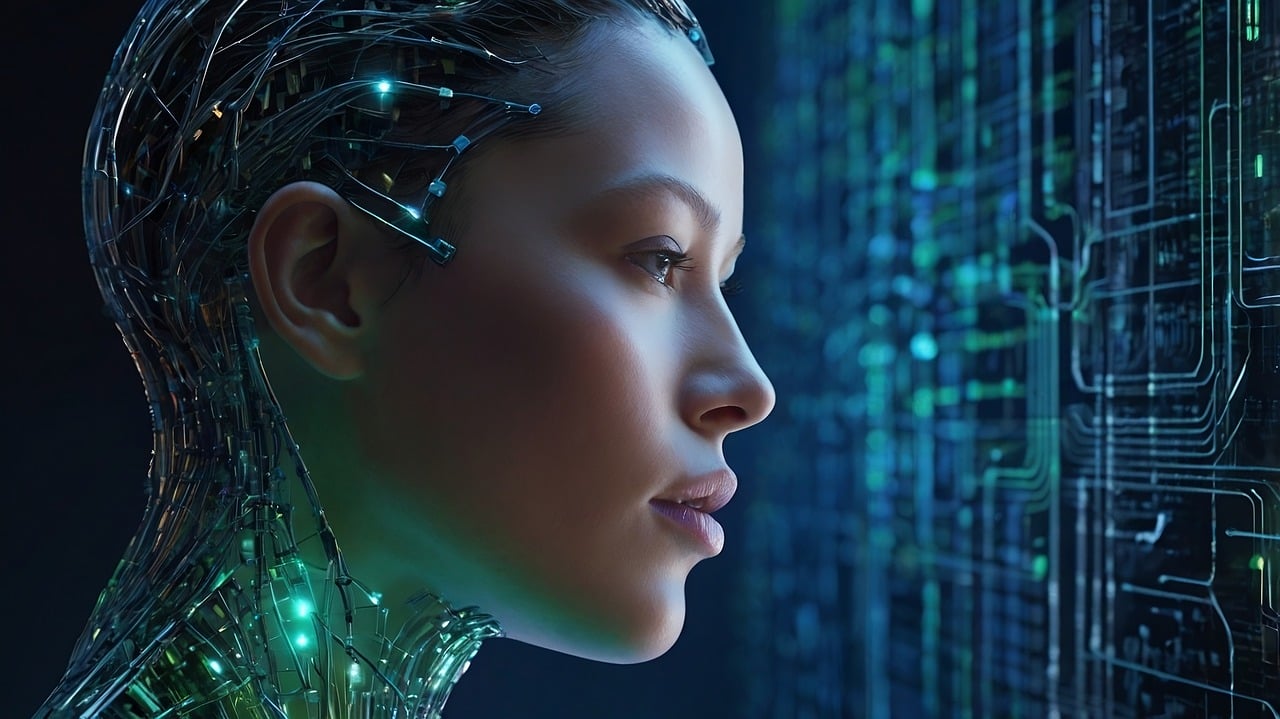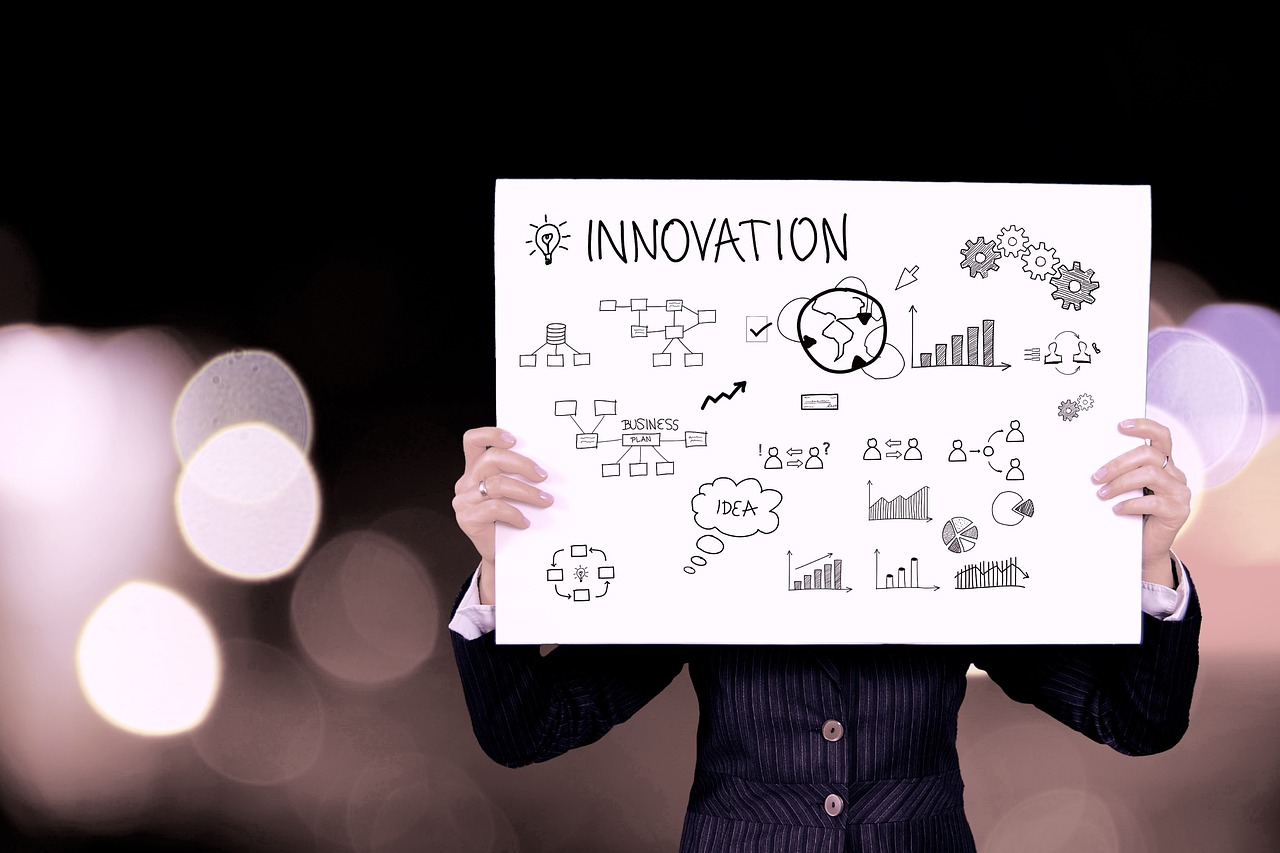The field of Artificial Intelligence (AI) continues to evolve at an unprecedented pace, reshaping industries and revolutionizing the way we live and work. As we stand on the cusp of new AI breakthroughs, it’s crucial to explore what’s next and how these advancements will impact our future. From healthcare to creative industries, AI is pushing boundaries and opening up new possibilities that were once thought impossible.
The Evolution of AI Breakthroughs
The journey of AI has been marked by significant milestones that have paved the way for current innovations. Understanding this evolution provides context for the exciting developments on the horizon.
Key Milestones in AI Development
| Year | Milestone | Impact |
|---|---|---|
| 1956 | Dartmouth Conference | Birth of AI as a field |
| 1997 | IBM’s Deep Blue beats chess champion | AI proves capable in complex strategy games |
| 2011 | IBM Watson wins Jeopardy! | Natural language processing breakthrough |
| 2012 | AlexNet wins ImageNet competition | Deep learning revolution begins |
| 2016 | AlphaGo defeats world Go champion | AI masters intuitive decision-making |
| 2020 | GPT-3 released | Large language models show human-like text generation |
Key innovations that shaped AI’s capabilities:
- Neural Networks: Enabling machines to learn from data
- Deep Learning: Allowing AI to process complex patterns
- Natural Language Processing: Facilitating human-like communication
- Computer Vision: Enabling machines to interpret visual information
- Reinforcement Learning: Allowing AI to learn through trial and error
Current AI Breakthroughs Shaping the Future
Recent innovations in AI are transforming various sectors, from content creation to healthcare.
Generative AI and Its Applications
Generative AI models like GPT (Generative Pre-trained Transformer) have revolutionized content creation and problem-solving across industries:
- Content Creation: Automated writing, image generation, and video production
- Software Development: Code generation and bug detection
- Product Design: Rapid prototyping and design iteration
- Marketing: Personalized content and ad copy generation
- Education: Customized learning materials and tutoring systems
AI in Healthcare
AI is driving significant advancements in healthcare, improving diagnostics, treatment, and patient care:
| Traditional Method | AI-Driven Solution |
|---|---|
| Manual image analysis | AI-powered diagnostic imaging |
| Generic treatment plans | Personalized medicine based on genetic data |
| Reactive healthcare | Predictive health monitoring and early intervention |
| Limited drug discovery | AI-accelerated drug development |
| Standard surgical procedures | AI-assisted robotic surgery |
Challenges and Ethical Considerations in AI Development

As AI advances, it brings forth new challenges and ethical considerations that must be addressed.
Addressing Bias in AI
Bias in AI systems can lead to unfair outcomes and perpetuate societal inequalities. Strategies to mitigate bias include:
- Diverse and representative training data
- Regular audits of AI systems for bias
- Interdisciplinary teams in AI development
- Transparency in AI decision-making processes
- Ongoing education on bias recognition and mitigation
The Importance of Data Privacy
Balancing AI advancements with data privacy is crucial, especially in sensitive industries:
| Current Data Privacy Laws | AI Technology Needs |
|---|---|
| Limited data sharing | Extensive data access for training |
| Strict consent requirements | Flexible data usage for innovation |
| Data localization | Global data collaboration |
| Right to be forgotten | Persistent data for model improvement |
What’s Next for AI? Future Trends and Predictions
The future of AI holds exciting possibilities across various domains.
The Role of Quantum Computing in AI
Quantum computing is set to revolutionize AI capabilities:
| Traditional AI Processing | Quantum AI Capabilities |
|---|---|
| Limited optimization problems | Complex optimization at scale |
| Sequential data processing | Parallel data processing |
| Constrained by classical bits | Leveraging quantum bits (qubits) |
| Struggles with encryption | Advanced cryptography and security |
AI in Creative Industries
AI is increasingly impacting creative fields:
- Art Generation: Tools like DALL-E and Midjourney creating unique visuals
- Music Composition: AI-assisted melody and harmony generation
- Screenplay Writing: AI tools for story structure and dialogue generation
- Fashion Design: AI-driven trend prediction and design creation
- Architecture: Generative design for building optimization
The Role of Collaboration in AI Innovation

Collaboration across disciplines is becoming increasingly crucial in driving AI breakthroughs. As AI systems become more complex and integrated into various aspects of society, the need for diverse expertise and perspectives grows.
Interdisciplinary Research and AI Advancements
Cross-disciplinary collaboration has led to significant advancements in AI. Here are some examples of successful interdisciplinary projects:
- AI and Neuroscience: The Blue Brain Project combines neuroscience and AI to create detailed models of the human brain, leading to better understanding of neural networks.
- AI and Robotics: Boston Dynamics’ integration of AI with advanced robotics has resulted in robots capable of complex movements and decision-making.
- AI and Climate Science: The Climate Change AI initiative brings together climate scientists and AI researchers to develop solutions for climate change mitigation and adaptation.
- AI and Linguistics: Collaboration between linguists and AI researchers has significantly improved natural language processing models, enhancing machine translation and language understanding.
- AI and Ethics: Philosophers and ethicists working with AI developers have helped shape frameworks for responsible AI development and deployment.
Key areas where collaboration is driving innovation:
- Healthcare: Combining medical expertise with AI for improved diagnostics and treatment plans
- Finance: Integrating economic theories with AI for more robust predictive models
- Environmental Science: Using AI to analyze complex environmental data and predict ecological changes
- Education: Merging pedagogical knowledge with AI to create personalized learning experiences
- Art and Technology: Exploring new forms of creative expression through AI-assisted tools
Conclusion
The field of Artificial Intelligence continues to evolve at a breathtaking pace, with breakthroughs reshaping industries and pushing the boundaries of what’s possible. As we’ve explored in this article, AI innovations are not confined to a single domain but are permeating various aspects of our lives and work.
Key takeaways:
- Rapid Evolution: From neural networks to generative AI, the field has seen remarkable progress in a relatively short time.
- Wide-ranging Impact: AI is transforming industries from healthcare to creative arts, offering new solutions and possibilities.
- Ethical Considerations: As AI becomes more powerful, addressing issues of bias, privacy, and ethical use becomes increasingly important.
- Future Potential: Emerging technologies like quantum computing promise to take AI capabilities to new heights.
- Collaborative Effort: The future of AI innovation lies in interdisciplinary collaboration, combining diverse expertise to tackle complex challenges.
As we look to the future, it’s clear that AI will continue to play a pivotal role in shaping our world. The innovations on the horizon have the potential to solve some of humanity’s most pressing problems, from climate change to healthcare accessibility. However, realizing this potential will require careful navigation of ethical challenges and a commitment to responsible development.
The journey of AI is far from over. As breakthroughs continue to emerge, they will undoubtedly bring both exciting opportunities and new challenges. By fostering collaboration, addressing ethical concerns, and remaining open to the possibilities, we can harness the power of AI to create a better, more innovative future for all.
The next chapter in AI’s story is yet to be written, and it promises to be more transformative and impactful than ever before. As we stand on the brink of these new frontiers in AI, one thing is certain: the innovations that lie ahead will continue to reshape our world in ways we can only begin to imagine.
